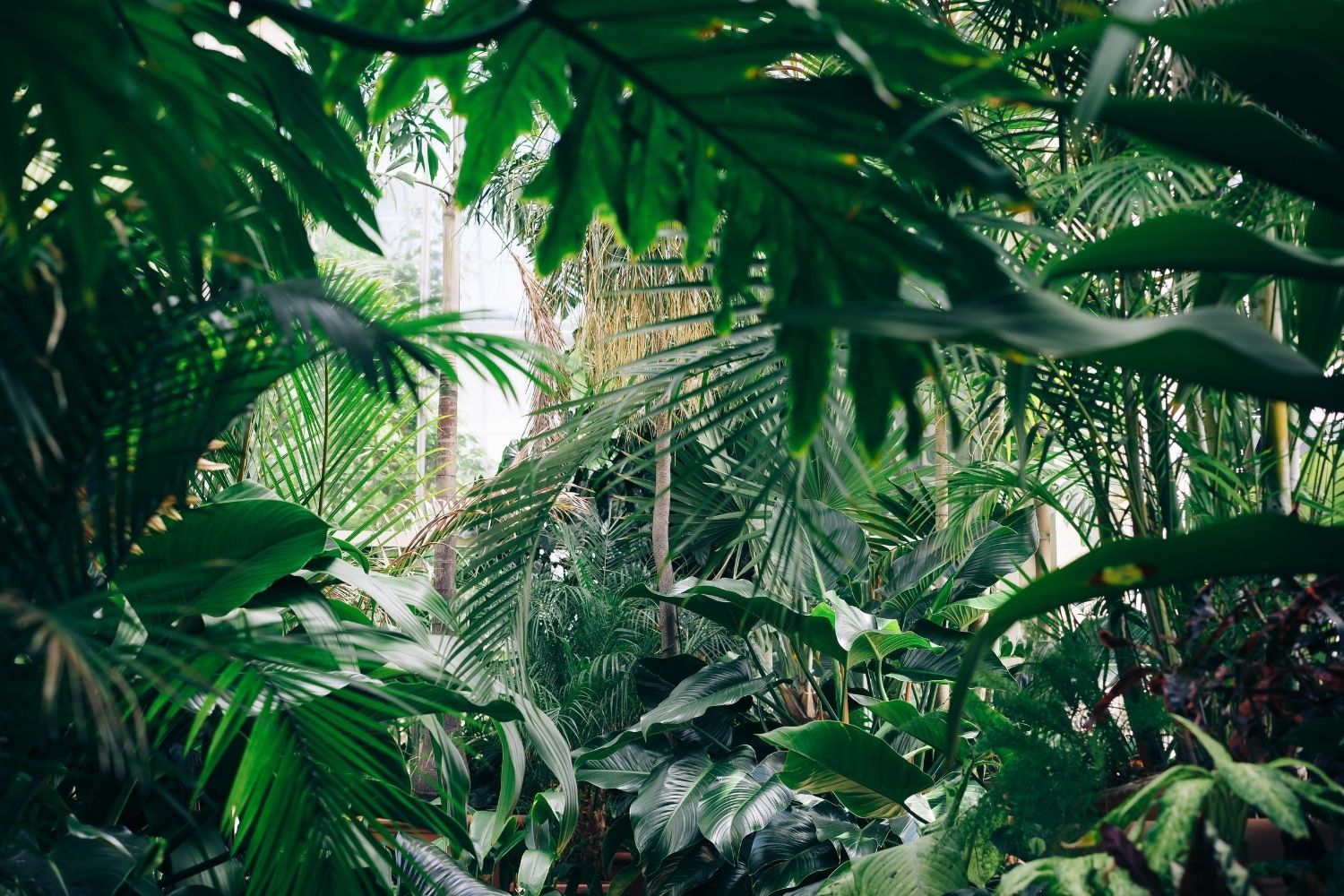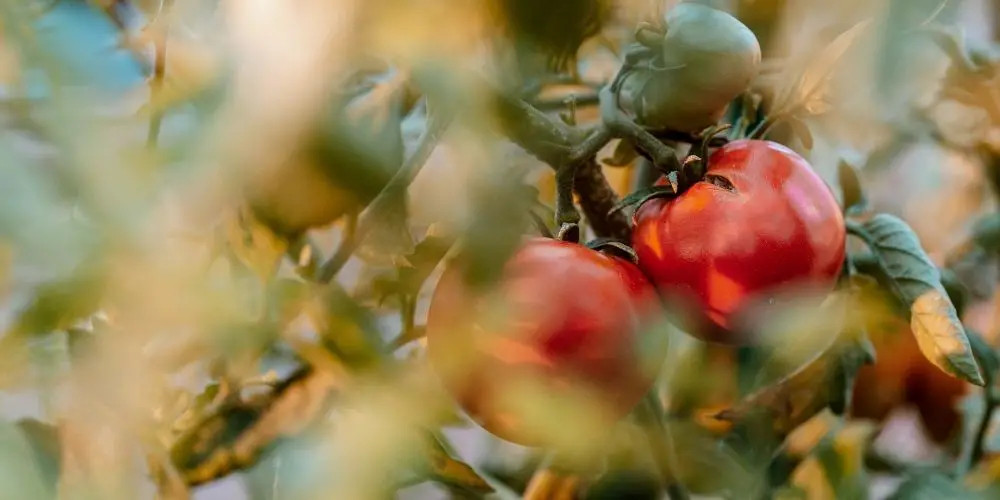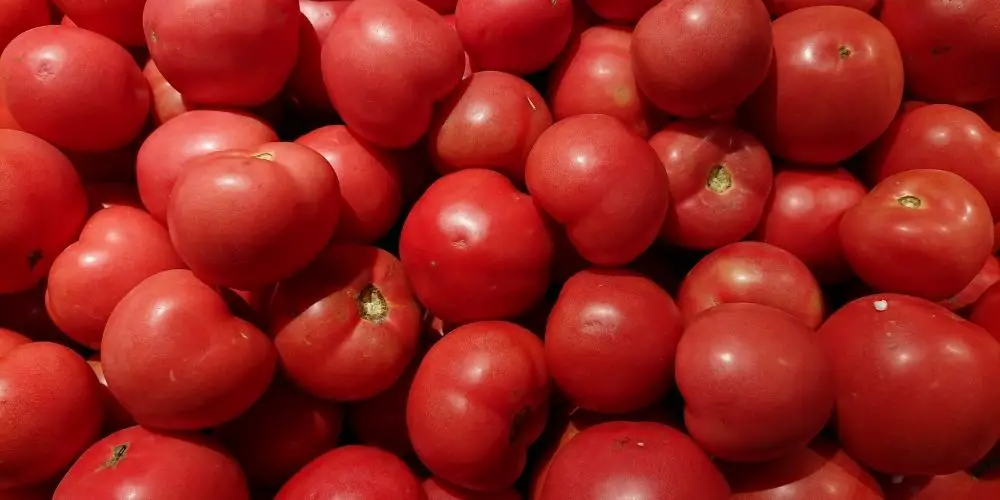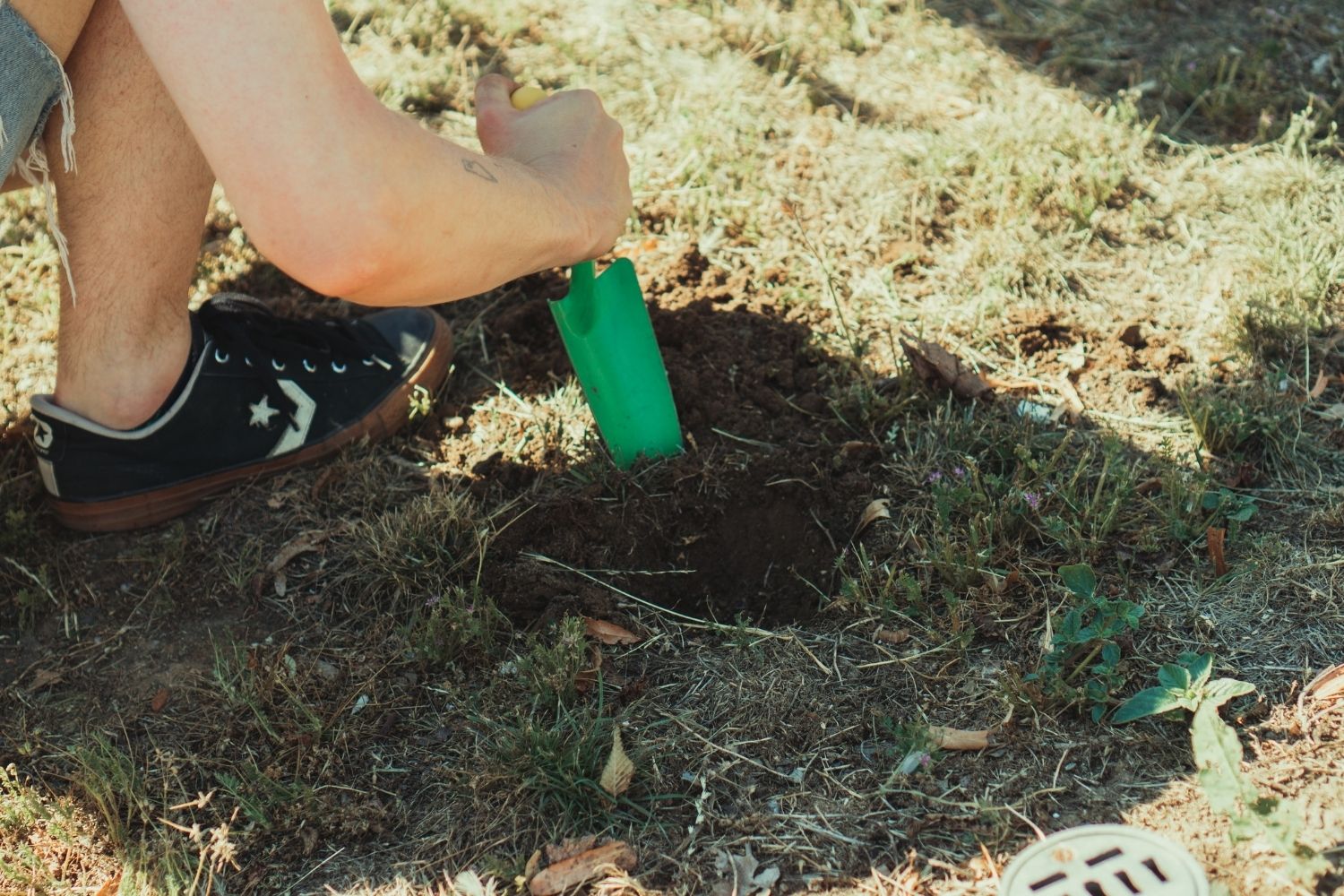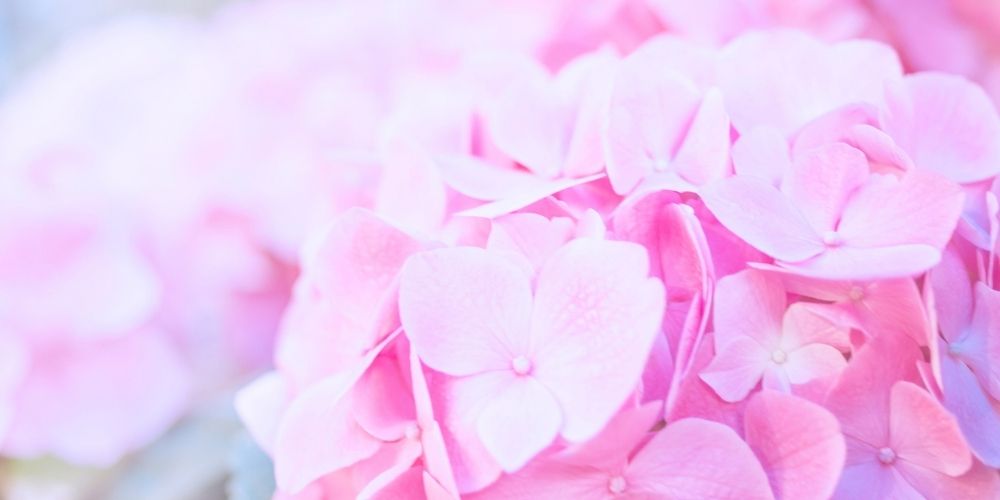You’re thinking of buying native hedging plants for a new privacy hedge, but what plants are right for you? Depending on your zone, the following trees are examples: Southern Magnolia, Longleaf Pine, White Spruce, Inkberry, Dahoon Holly, Saw Palmetto, and also a wide variety of shrubs and vines.
What are you looking for in privacy plants?
The trees described above grow tall as well as thick, giving you an impenetrable screen that can’t be breached, but that may also block out light and views from the windows, so it depends on the size of the property, the views, and your needs. Shrubs will provide a lower but equally effective barrier to a certain height, shrubs may not hide your property from neighbors’ upstairs windows, but they are easier to maintain and less likely to cause disputes over growth and blocking the light from neighbors’ homes and gardens.
Some trees, such as Beech, can be trimmed to a lower hedge rather than growing tall, Beech grows thick and wide, and produces a beautiful autumn color as well and usually keeps enough leaf and thickness to continue to provide privacy in the winter. The USA is a big place, and so some native species will be more suited to your area than others, it’s best to check before you buy.
For something like a swimming pool, Bamboo or vines make an ideal screen, a pretty backdrop that doesn’t affect the rest of the garden and space too much, then for a shrub hedge round the property, Beech makes an ideal front hedge as it can be kept relatively short, allowing you to still look out at the road from your windows, but it provides a buffer for traffic noise. Other hedging shrubs may include Carolina Laurelcherry, or Thuja Occidentalis – a fast growing shrub, American Holly, Mahonia in some zones, Wax Myrtle, and then vines such as Wisteria and Virginia Creeper can be trained with wires into an beautiful privacy hedge but may take longer than shrubs to be effective. Ornamental grasses may be used as a screen but care has to be taken to stop them from spreading everywhere.
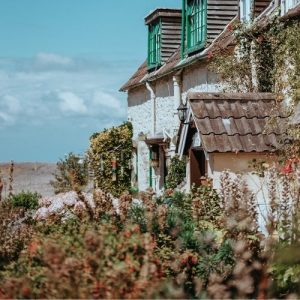
Costs and planting considerations
When you’ve decided on which plant you want for your privacy hedge, you have to find a supplier for your plants, it’s better to buy local than have them shipped a long distance, which adds costs and time, as well as not being best for the plants. Each plant supplier has their own charges and the cost will depend on the type and quantity of plants and also their age, very young or bare root hedging plants will be cheaper than those that are potted or robustly growing, but will need more care.
It’s best to measure out your hedge area and assess how many plants you’ll need. Too few plants will lead to a weaker hedge and may not provide the privacy that you’re looking for, too many plants can lead to competition for light, water and nutrients, making plants weak and spindly and some may die. A good idea is to estimate plant numbers for the measured ground and ask your chosen plant supplier if your estimate sounds right. Hedging plants are usually costed per plant rather than per lot, so you may think a plant sounds cheap, but it adds up, and then the cost of plant food and tree guards need to be considered. Plants can cost from 6 to 25 dollars each, sometimes more, so depending on the length of your privacy hedge, you can be looking at a few hundred dollars plus any maintenance costs.
- Are seed potatoes good to eat?
- Do Potato Plants have to bloom to produce potatoes?
- Should You Choose Annual or Perennial Plants?
Are privacy plants the right option?
As long as you have time to tend the plants for your new privacy screen, privacy plants are a good option to create a screen and block out anything surrounding you that you want to be separate for. A privacy screen can hide your swimming pool from prying eyes, buffer noise and traffic activity on a busy road, hide your activities from the neighbors and their activities from you, and also prevent neighbors’ animals from accessing your property as well as keeping your animals secure. The main work in caring for a privacy screen is keeping the plants watered and fed as they establish, and careful pruning to encourage the plants to grow up together and entwine as a hedge. Another consideration is if you want a wildlife friendly hedge, and if the hedge is poisonous,. for example Inkberry, if you have children or pets.
There are privacy plants for most situations, depending on your zone, needs, time and budget, and if you’re having privacy issues, rather than endure the situation any longer, look into arranging your living privacy screen rather than a boring fence that detracts from the garden.

